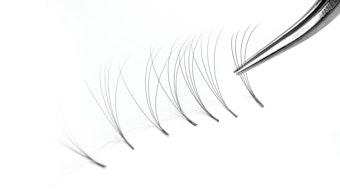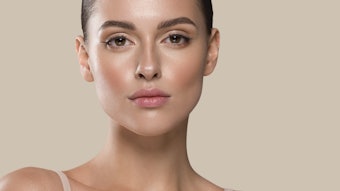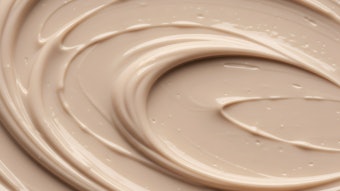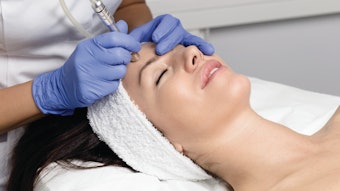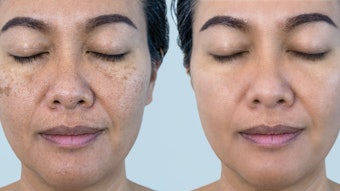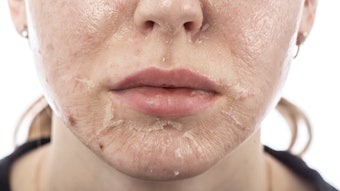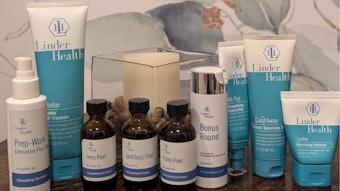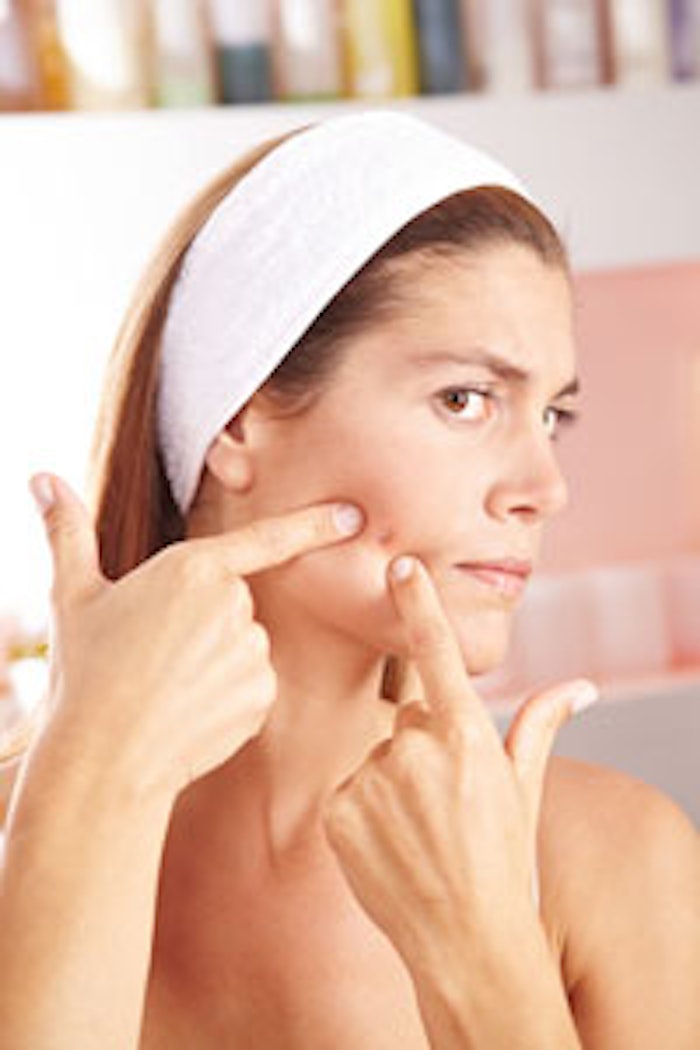
Overview
Studies have shown that women are more likely than men to develop acne as an adult. Like many skin conditions, acne can have a significant impact on a person’s overall quality of life—affecting relationships, work performance and self-esteem. Fortunately, there are a number of proven therapies to control adult acne and many also provide some help with the early signs of aging that many adult women face.
AAD expert
Information provided by Joshua Zeichner, MD, FAAD, a board-certified dermatologist and director of cosmetic and clinical research, department of dermatology at the Mount Sinai Medical Center in New York, NY.
Type of acne dictates treatment
Zeichner explained that an important first step to determine a patient’s specific type and severity of acne. Acne is generally classified as inflammatory, the most severe form of acne, also referred to as nodulocystic acne, when deep nodules are widespread, or non-inflammatory acne marked by blackheads and whiteheads. For each type of acne there are several therapies that can clear existing acne, reduce future breakouts and in some cases improve signs of aging.
Topical retinoids
- Medications containing vitamin A derivatives, known as topical retinoids, are often prescribed as a first-line therapy to treat inflammatory and non-inflammatory acne.
- Topical retinoids prevent pimples from forming by decreasing inflammation and helping oil move out of the follicle properly.
- This therapy has been shown to stimulate collagen growth, minimize wrinkles and improve sun-damaged skin.
Hormonal therapy
- Acne is strongly influenced by hormonal factors in women, regardless of age.
- Oral contraceptives have been found to effectively clear acne in adult women when used alone or in conjunction with other medications, such as an anti-androgen drug like spironolactone.
- Oral contraceptives approved by the U.S. Food and Drug Administration (FDA) for the treatment of hormonal acne contain ethinyl estradiol, a synthetic estrogen, plus one of these progestins, a synthetic hormone: norgestimate, norethindrone acetate or drospirenone.
- Since there are many instances when the use of oral contraceptives is not recommended, patients must be carefully screened before using any hormonal therapy for acne and monitored regularly while using them.
Laser therapy
- For some patients whose acne has not responded to traditional acne medications, laser or light therapy may be an option.
- Some devices can treat acne lesions and help remove excess oil from the skin while providing anti-inflammatory and antibacterial benefits. Others can effectively treat dark or red spots associated with acne and improve the appearance of scarring after acne lesions heal.
- Many lasers used to treat acne provide added benefits for common signs of aging, such as smoothing wrinkles and improving the tone and texture of the skin.
Skin type also matters
Another factor that dermatologists consider when evaluating the best acne treatment regimen is skin type. By doing so, Zeichner explained personal skin care routines can work hand-in-hand with prescription acne medications to effectively treat acne.
- For acne in oily skin, a combination of a salicylic acid wash or foaming cleanser may be paired with topical medications. Lighter moisturizers containing ingredients that reduce shine on the face work well or a primer can be applied to the skin that absorbs oil and reduces shine.
- When treating acne and dry skin, Zeichner noted that the focus must be on hydration, or keeping the skin from getting too dry—as many acne medications can be drying. In this instance a hydrating cleanser and heavier moisturizer can be beneficial.
Acne tips
- Wash the face with a mild cleanser twice a day and after working out.
- Don’t overuse acne products. More is not necessarily better and overuse can cause redness and irritation.
- Avoid popping or squeezing pimples to minimize trauma to the skin and scarring.
- Choose the right makeup. Zeichner recommends mineral-based makeup, which can provide good coverage without clogging pores. Heavier concealers also can mask dark or red spots.
- Use proper sun protection as acne medications can make the skin more sensitive to the sun.
AAD expert advice
“Today, women with acne have a number of good treatment options and it’s an added bonus that treatment can be tailored to address both acne and aging skin,” said Zeichner. “With acne, it is important to address the condition in the earliest stages to avoid long-lasting scars or dark spots that can result from acne lesions. If acne is not improving after about a month while using over-the-counter products, see a board-certified dermatologist.


